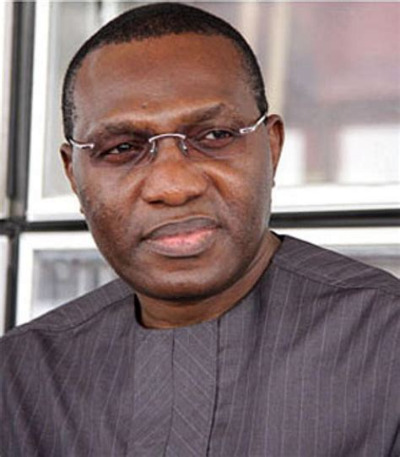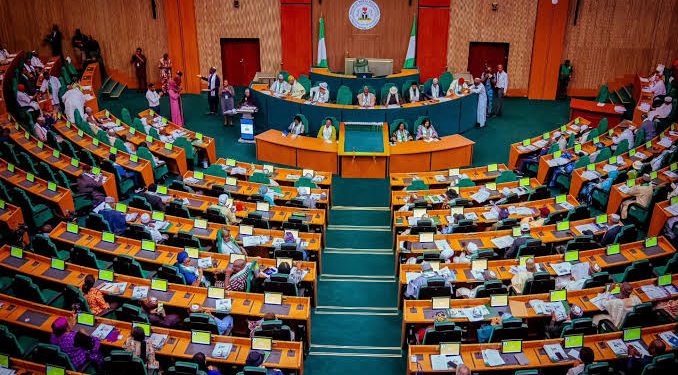Senator Ikechukwu Obiorah proposes bill to strip President Tinubu of powers to appoint INEC chair, pushing for international-backed electoral reforms.
A former lawmaker, Senator Ikechukwu Obiorah, has stirred national debate after proposing a bill that seeks to strip President Bola Ahmed Tinubu and state governors of the constitutional power to appoint members of the Independent National Electoral Commission (INEC) and State Independent Electoral Commissions (SIECs).

The draft bill, presented to the National Assembly and detailed in his publication titled “The Philosophy of Elections and Nigeria’s Fake Democracy”, was made public in Abuja on Sunday.
ALSO READ: BREAKING: EBID Approves $308.6 Million to Drive Clean Energy and Development in Nigeria, West Africa
Obiorah, who represented Anambra South Senatorial District between 2007 and 2011, argued that allowing political leaders to appoint electoral umpires has entrenched widespread election rigging and undermined Nigeria’s democratic progress.
“Since Independence, about 90% of all elections—whether parliamentary, presidential, gubernatorial, or local government—have been rigged, perverted, or annulled,” he stated.
According to him, the current arrangement is comparable to “a man being a judge in his own case,” enabling politicians to manipulate electoral outcomes in their favor.
Proposed Electoral Reform Structure
Under Obiorah’s plan, INEC would be restructured into a 13-member commission composed of:
Six commissioners elected by Nigerian labour and professional bodies.
Six commissioners nominated by the United Nations.
One observer nominated by Transparency International.
The chairman would then be elected internally by the commission itself. This restructured body would oversee all federal, state, and local elections, with full authority to hire and dismiss staff.
Technology and Transparency
The former Senator also called for the mandatory use of the Bimodal Voter Accreditation System (BIVAS) and electronic transmission of results through the INEC Results Viewing Portal (IReV). He emphasized, however, that technology alone cannot secure credible polls without a truly independent electoral body.
Addressing concerns about sovereignty, Obiorah dismissed fears that the involvement of international bodies like the UN and Transparency International would undermine Nigeria’s independence. Instead, he argued it would demonstrate a strong commitment to credible, transparent elections.
He concluded that genuine democracy, rooted in credible elections, is the key to pulling Nigeria out of mass poverty and underdevelopment. The draft bill is now before the National Assembly for consideration.


